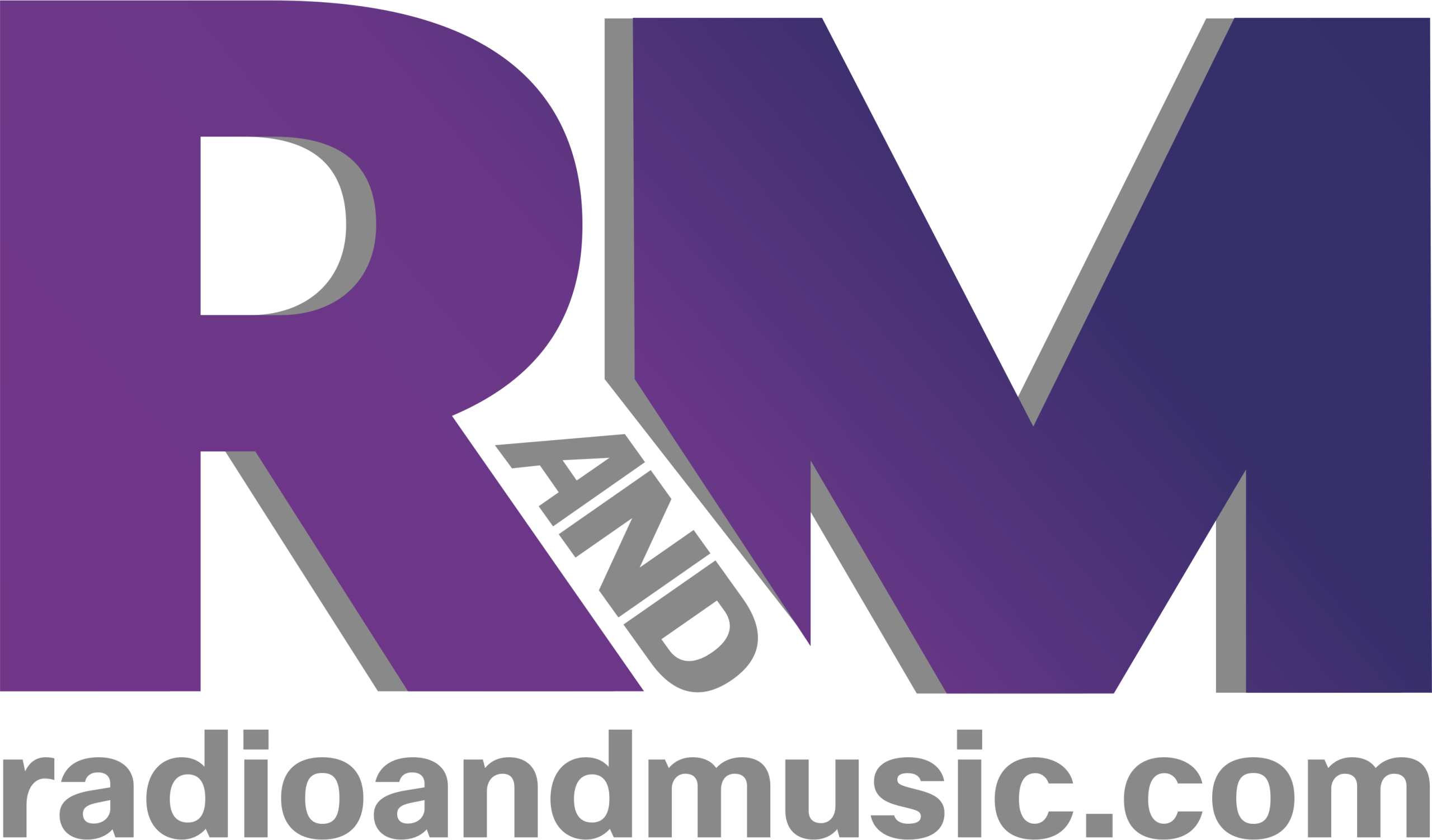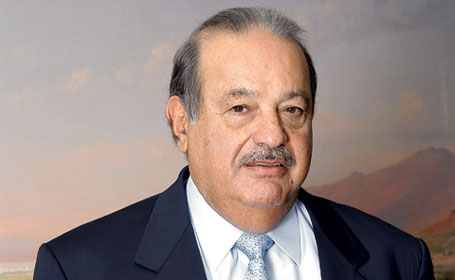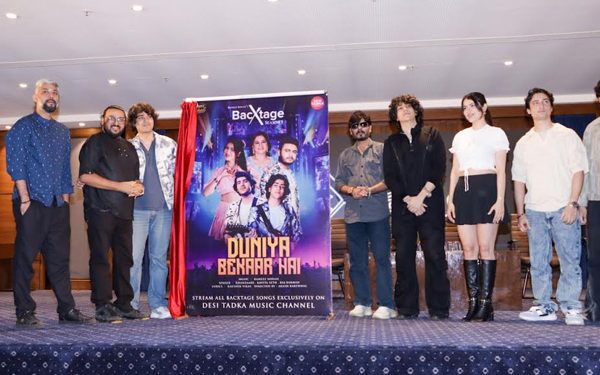MUMBAI: Multi-billionaire Mexican Carlos Slim is investing in popular music discovery app developer cum media engagement company Shazam Entertainment for a start-up to help fans identify catchy songs.
Slim 73, worth $ 73 billion, will invest $ 40 million in UK based Shazam, whose products are already used by 350 million people, will use the funds to accelerate its expansion into television, where its recognition software can tune into an advertisement’s soundtrack then link viewers directly to the brand’s website, report said.
America Movil has also agreed to promote Shazam across the dozen or so markets it operates in Latin America. “Shazam is defining a new category of media engagement that combines the power of mobile with traditional broadcast media and advertising,” Slim said in a statement.
Slim’s flagship company America Movil ended the first quarter of 2013 with 262.9m mobile subscribers in Latin America region,
Shazam currently has 70m monthly active users who tag more than 10m songs, shows and ads a day. Shazam is currently adding more than 2m new users every week and plans to extend the service to Britain and the rest of Western Europe and Latin America markets.
“Within 18 months we expect TV will significantly outperform the music side (of the business) and that’s part of this investment,” Shazam, executive chairman Andrew Fisher said in an interview.
High net worth brands like Unilever, Procter & Gamble and American Express have already used Shazam in advertising campaigns in North America, where the company generates tens of millions of dollars in revenue from the TV side, Fisher said.
“Given that global TV advertising spending totaled $350 billion in 2012, according to researchers Nielsen, the scale of the opportunity for Shazam is huge.”
Shazam also hopes that its TV venture will help build the company into one suitable for a stock-market listing.
“That’s our ambition, to list. Certainly, two years’ time is realistic,” Fisher said.
Slim’s investment takes the total backing that Shazam has secured since 2009 to $72 million.












